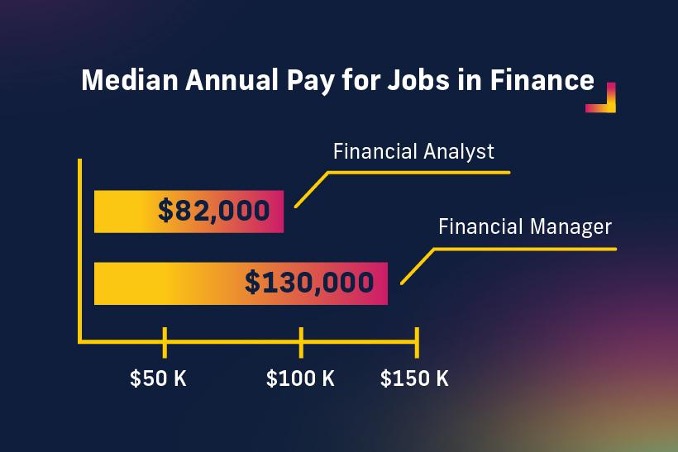
What Jobs Can I Get With a Masters in Education?
Graduates of a Master of Arts in Teaching (MAT) degree can work as principals in public or private schools. Other educational consulting companies hire graduates to develop age-appropriate educational programs. Government agencies are also interested in hiring candidates with a M.Ed degree. And, as education continues to evolve, there are even more job possibilities than ever. So, what jobs can I get with a Masters in Education?
MAT
After completing a masters in education program, you’ll be prepared to work in a variety of educational settings, from classrooms to administrative offices. In addition to becoming a teacher, you can choose to specialize in the field of special education. Some popular concentrations include early childhood education, special education instruction, elementary education, and English as a second language. You can also select a subject-based specialization if you’d like to teach a specific subject.
MST
Although most states do not require the employment of teachers with advanced degrees, earning an MST is a great option for those in education. It will not only increase your earning potential, but also open up more career options. This article will highlight some of the benefits of earning an MST. Here are some of the most popular MST jobs. You can find the best jobs in your field by using the information below.
TESOL
A TESOL master’s degree program involves a blend of classroom studies and fieldwork experience. At Simmons University in Boston, Massachusetts, students study issues like second language acquisition, multicultural classrooms, curriculum development, and language policy. In addition to coursework, students complete a practicum, or teaching experience, of 150 hours in a TESOL setting. Students typically work with adults and small groups in both public and private institutions.
PGCE
A PGCE or a masters in education can be an excellent choice for aspiring teachers. Many institutions now offer a hybrid program for those who are currently in their teaching roles. Upon graduation, prospective students can choose from among three concentrations: teaching in a secondary school, teaching at a post-secondary school, or working in an alternative setting such as a GED tutoring center.
Non-teaching jobs
A master’s degree in education can help you find many types of non-teaching positions. A master’s degree in education can be useful for several reasons, and these non-teaching opportunities are often rewarding. Below, we’ll discuss the average salary and job outlook for people with a master’s degree in education. A master’s degree in education prepares you for careers in a wide variety of educational settings, including schools, colleges, and universities.
Alternatives to teaching
If you’re thinking about a career change but aren’t sure where to begin, a master’s degree in education may be the perfect answer. Not only does it give you the necessary credentials to land a higher-paying teaching job, but it also makes you more employable and provides retirement benefits. In addition, you will notice a dramatic improvement in your teaching skills as you become more skilled at reaching students and maximizing the educational impact of each lesson. As a result, not only will you benefit your students, but so will your school district.
